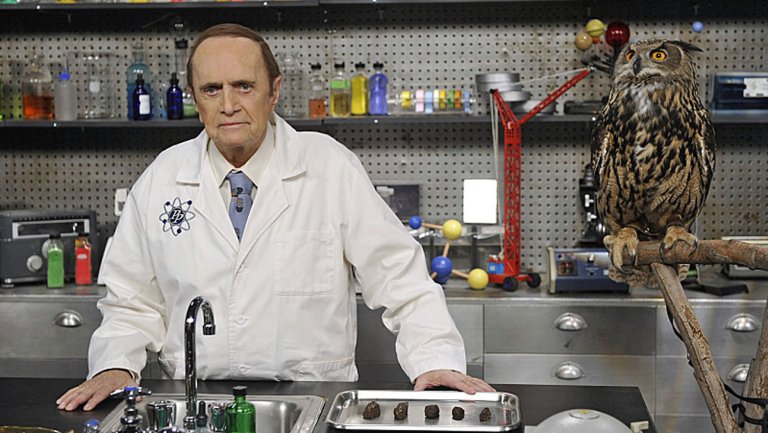“Guard your good mood.”
—Meryl Streep, Three Time Academy Award Winning Actor

Image from Flickr by Dave Strom
Do you lock your home and your car before you leave them? Perhaps you may even have an alarm system, or a dog that barks when strangers come to your door.
Consider all the passwords and encryption systems used to protect your valuable data and, of course, your financial information.
Given today’s quote, who and what are the thieves that diminish or empty your “good mood” account?
Take a moment to get very specific about who, what, and how these daily bumps and roadblocks shift your ups to downs, often leaving you upset and drained.
EXERCISE:
What are some new and creative ways you can better guard and protect your mood and put more pep in your step?
A fun little book you might enjoy is Zapp: The Lightning of Empowerment

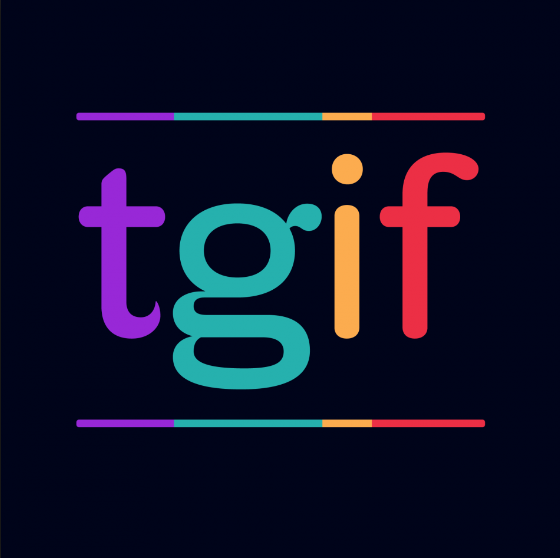
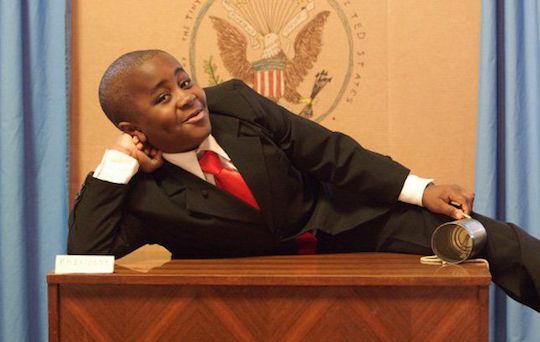
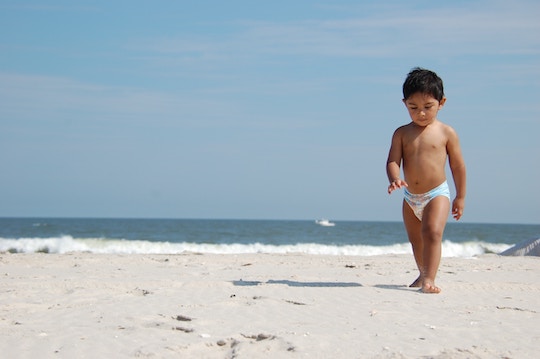
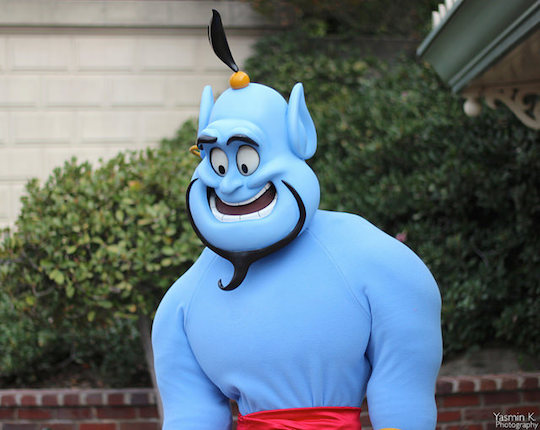

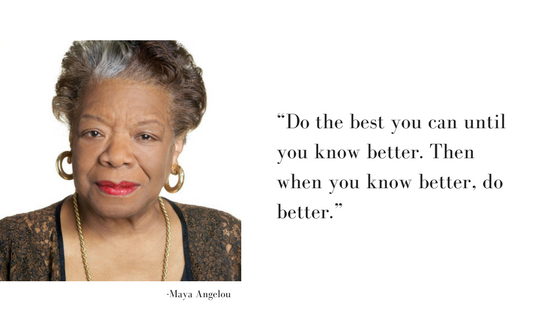
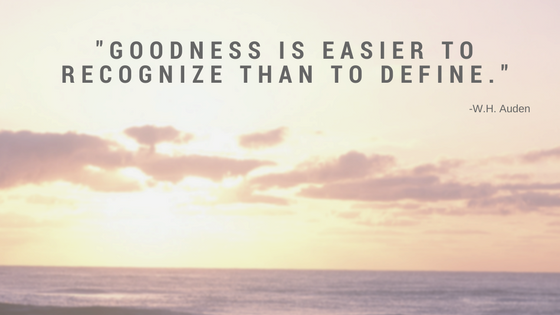
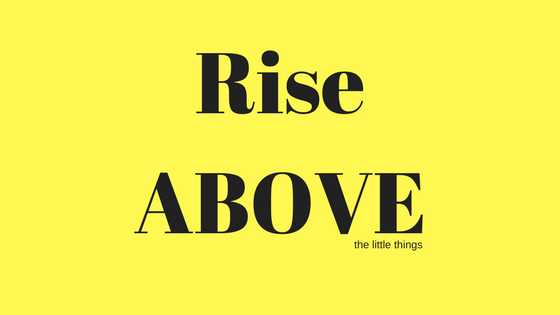 Have you heard of the book,
Have you heard of the book, 